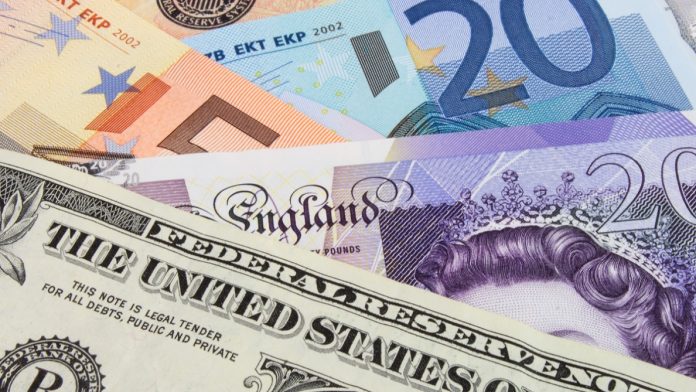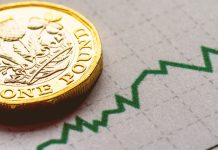- Pound (GBP) holds gains from yesterday after hawkish BoE comments
- UK economy is expected to fall into recession later this year
- Euro (EUR) falls despite upbeat German GDP data
- There is no high impacting eurozone data
The Pound Euro (GBP/EUR) exchange rate is treading water on Thursday after strong gains in the previous session. The pair settled +0.76% on Wednesday, at €1.1760 after trading in a range between €1.1679 – €1.1786. At 05:45 UTC, GBP/EUR trades +0.02% at €1.1762.
The pound pushed higher in the previous session after two days of declines. The pound briefly slipped lower following the publication of a report detailing the COVID lockdown breaches at the office of the Prime Minister in lockdown. However, the move lower was short-lived.
The report was broadly expected to add pressure to Prime Minister Boris Johnson to resign. However, the markets clearly weren’t overly concerned after Boris Johnson said that while he took responsibility for the parties he would not quit.
Politics apart there was little on the economic calendar to catch the attention of pound traders yesterday. BoE Chief economist Huw Pill said that more interest rate hikes are needed even if that means the UK falls into recession.
Today the economic calendar is quiet once again leaving risk sentiment or the euro to drive the pair.
The euro slipped lower yesterday, despite encouraging data from Germany. Economic growth in the eurozone’s largest economy was upwardly revised in the first three quarters of the year on an annual basis. GDP rose to 3.8% year on year annually, up from 3.7%.
German consumer sentiment data also showed that morale is expected to rise slightly heading into June, although it remains around record lows as inflation and Russia’s war in Ukraine weigh heavily on sentiment. The consumer confidence index rose to -26, up from -26.5 in May.
The data comes following business activity earlier in the week which slowed more than forecast. However, the euro has been support by a more hawkish sounding Christine Lagarde.
Today there is no high impacting eurozone data, so sentiment could well be the driving influence.





